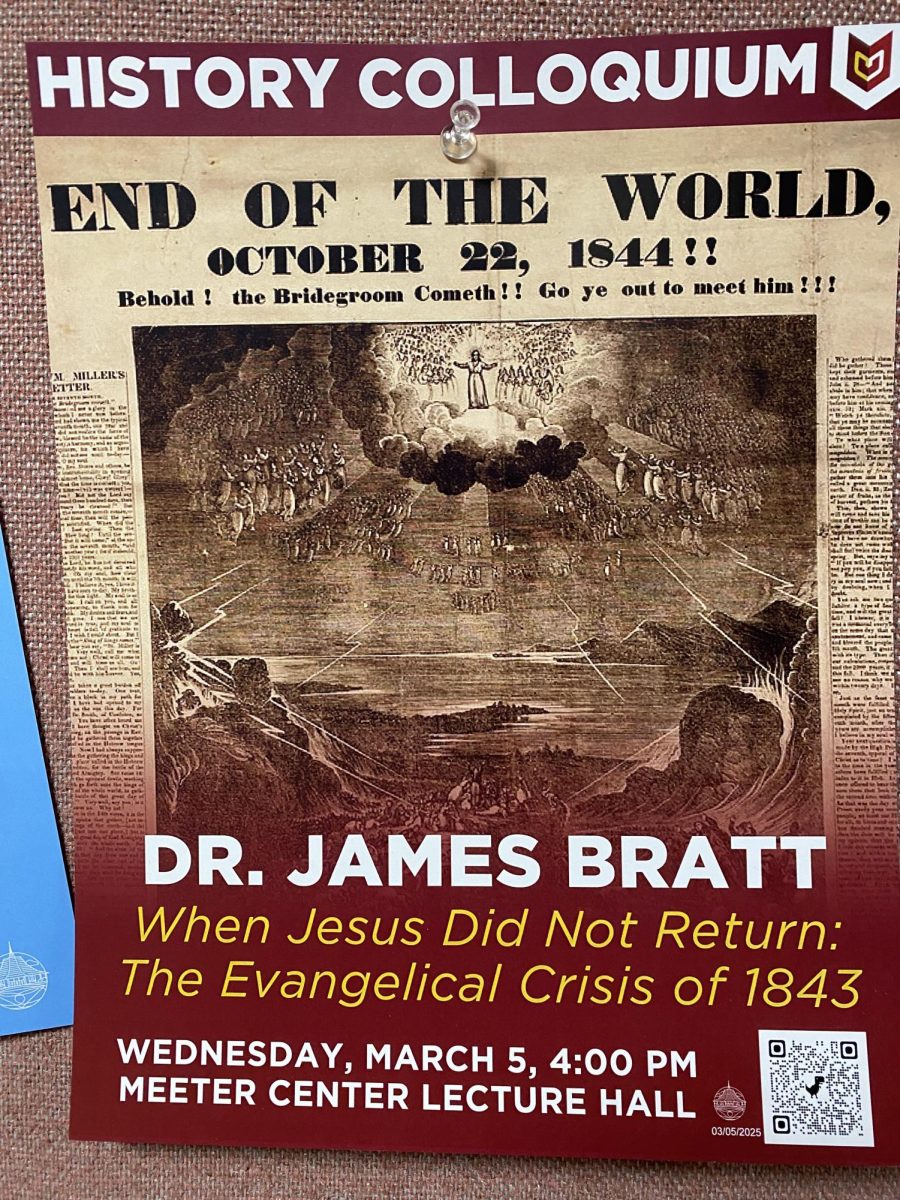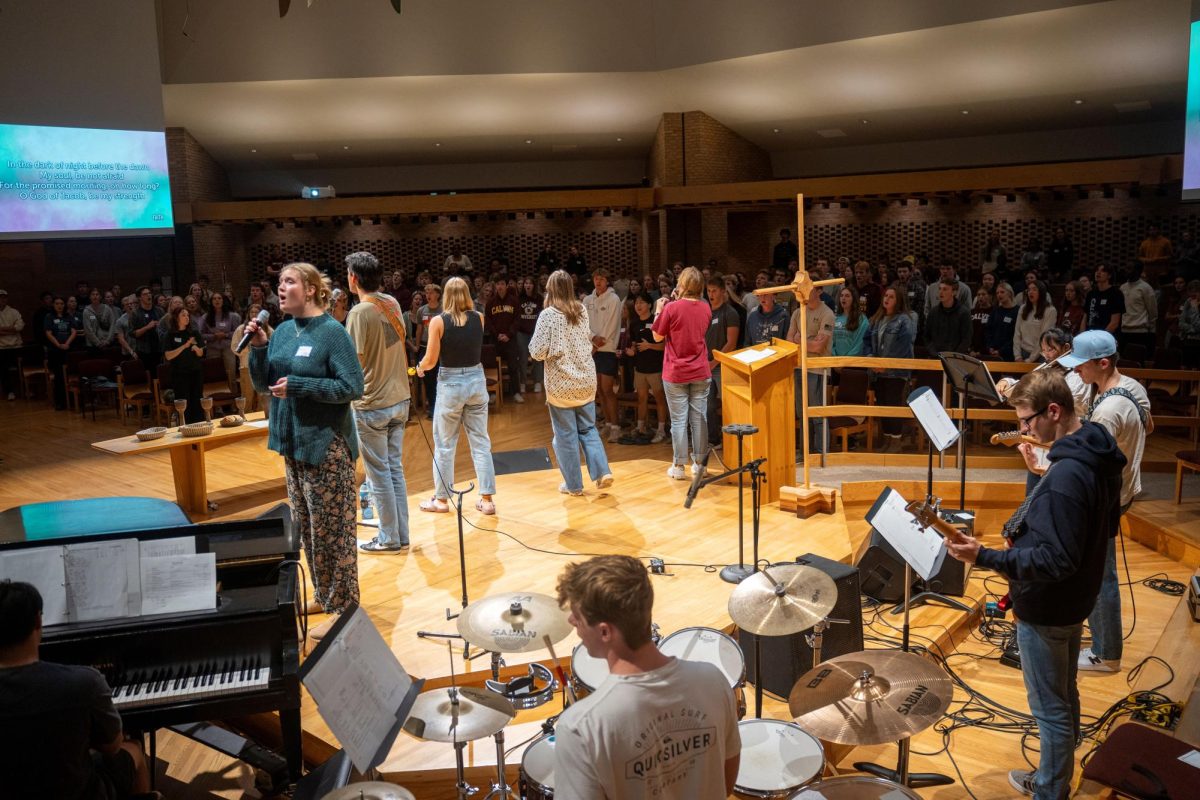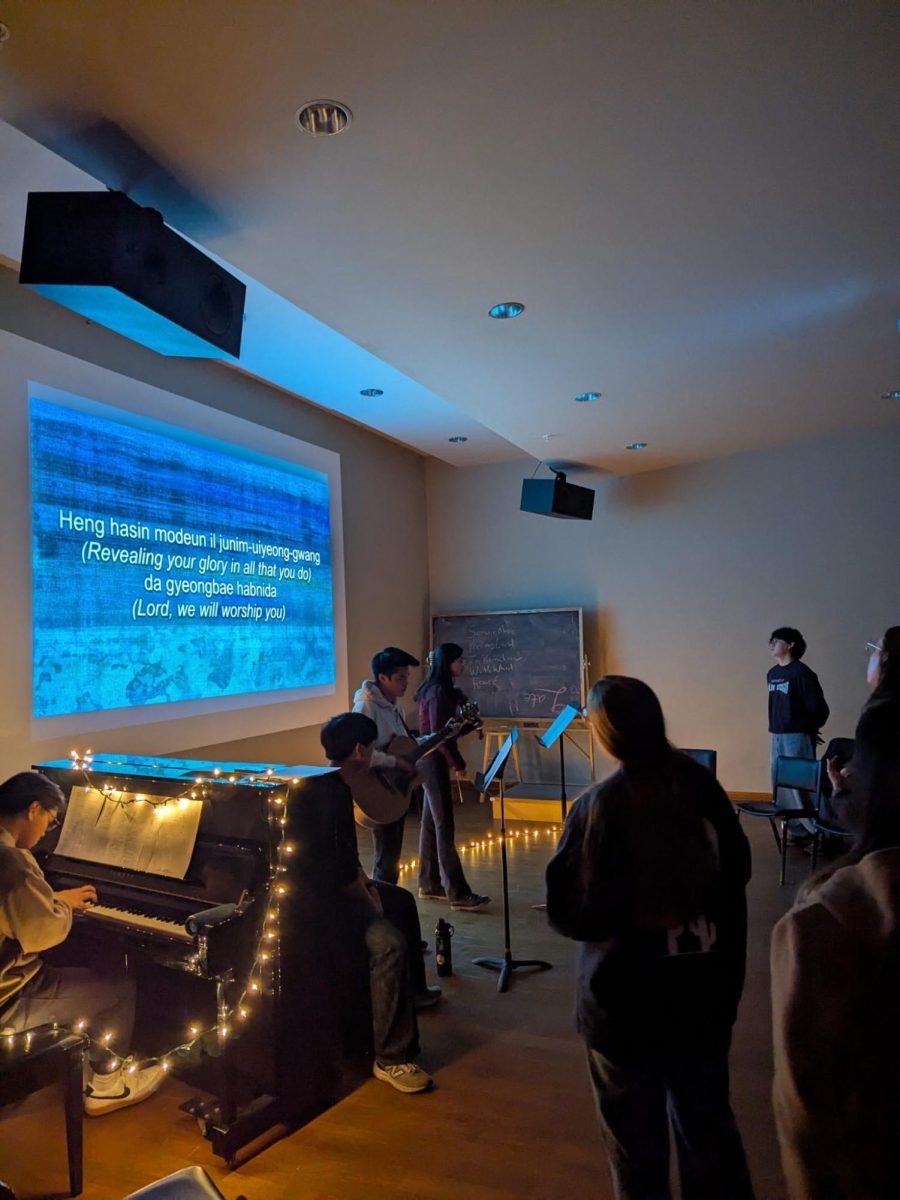A shooter opened fire on Canada’s National War Memorial located in the Canadian Parliament building on Wednesday, Oct. 22, killing Corporal Nathan Cirillo.
The shooter, identified as Michael Zehaf Bibeau, was determined to be a newly-converted Muslim. There has been speculation about whether this was an act of terrorism with ulterior motives.
Calvin alum Nathaniel Valk works for the Natural Sciences and Engineering Research Council of Canada Ottawa and was there on the day of the shooting.
“I live and work in the downtown core. My apartment is about four blocks from the parliamentary building, and I work about seven blocks from it,” he said.
Valk recounted the experience in the city after the shooting. A siren went off, and the city went on lockdown, including the bus station that is across the street from his work.
“It was a bit nuts,” Valk said. “Normally the streets are bustling, but the buses were on lockdown.”
The lockdown made trying to work frustrating, according to Valk.
“Senior management couldn’t leave building and meetings were cancelled,” Valk said. “A lot of people were speculating about what happened.”
This was not the first time Valk has experienced a terrorist threat. Two years ago, he was in Norway at the time of several bombings. He recalled feeling the ground shaking and people rallying.
“That was even more nuts,” he said, “so this didn’t phase me too much.”
Valk’s roommate works in the Parliamentary building and was there when the lockdown happened.
“He and his colleagues had to barricade the doors,” Valk said.
Several news sources point to this shooting as a part of a rise in terrorism in Canada. A recent shooting in Quebec saw two Canadian soldiers killed by men with ISIS ties.
While many of the reports about the shooting have focused on religion, Valk does not believe people have negative feelings towards Muslims after the events of the past few weeks.
“The majority of the news coverage has focused on the shooter being radicalized,” he said. “It has not been focused on Islam as a whole. The majority of coverage says some man was radicalized by belief and a certain worldview.”
Valk referred to an event in Alberta the day following the shooting in which an Islamic Mosque was vandalized. The community rallied behind the mosque and came out to help them repaint the wall.
In Ottawa, Valk identified two outcomes that came from the shooting. The first was a new discussion about security. Valk believes the unfolding events in Canada make an important case study in handling attacks potentially related to terrorist, especially for students who would like to go into politics. He believes countries can learn from one another in how to handle these situations.
“It’s really interesting to see how other people do things to find a better response when these things happen to you,” Valk said. “You have to find out how to react to terrorism. How do you beef security to promote democratic ideas?”
Beyond policy, Valk said there was a large outpouring of “sympathy for the soldier and his family” as they struggle through the loss of a son and a countryman.







